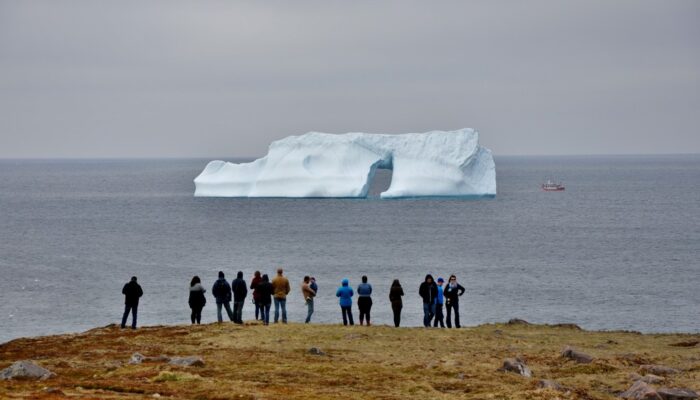This year, there’s a great line-up of early career scientist (ECS) sessions at the General Assembly. Not only that, but there are opportunities to meet those that represent you in the Union, get to know other ECS in your field, and make the most of both the scientific and social sides of the conference… Networking First up for ECS is the icebreaker event during the opening reception on the Sunday ...[Read More]
What’s on for early career scientists at the Assembly in 2018




